Israel: Ultra-Orthodox minister questions 'Jewishness' of co-religionists and labels Reform Jews 'a disaster to the nation'
The minister has delivered a withering assessment of the faith’s most liberal stream, calling them 'Jews who have lost their way'
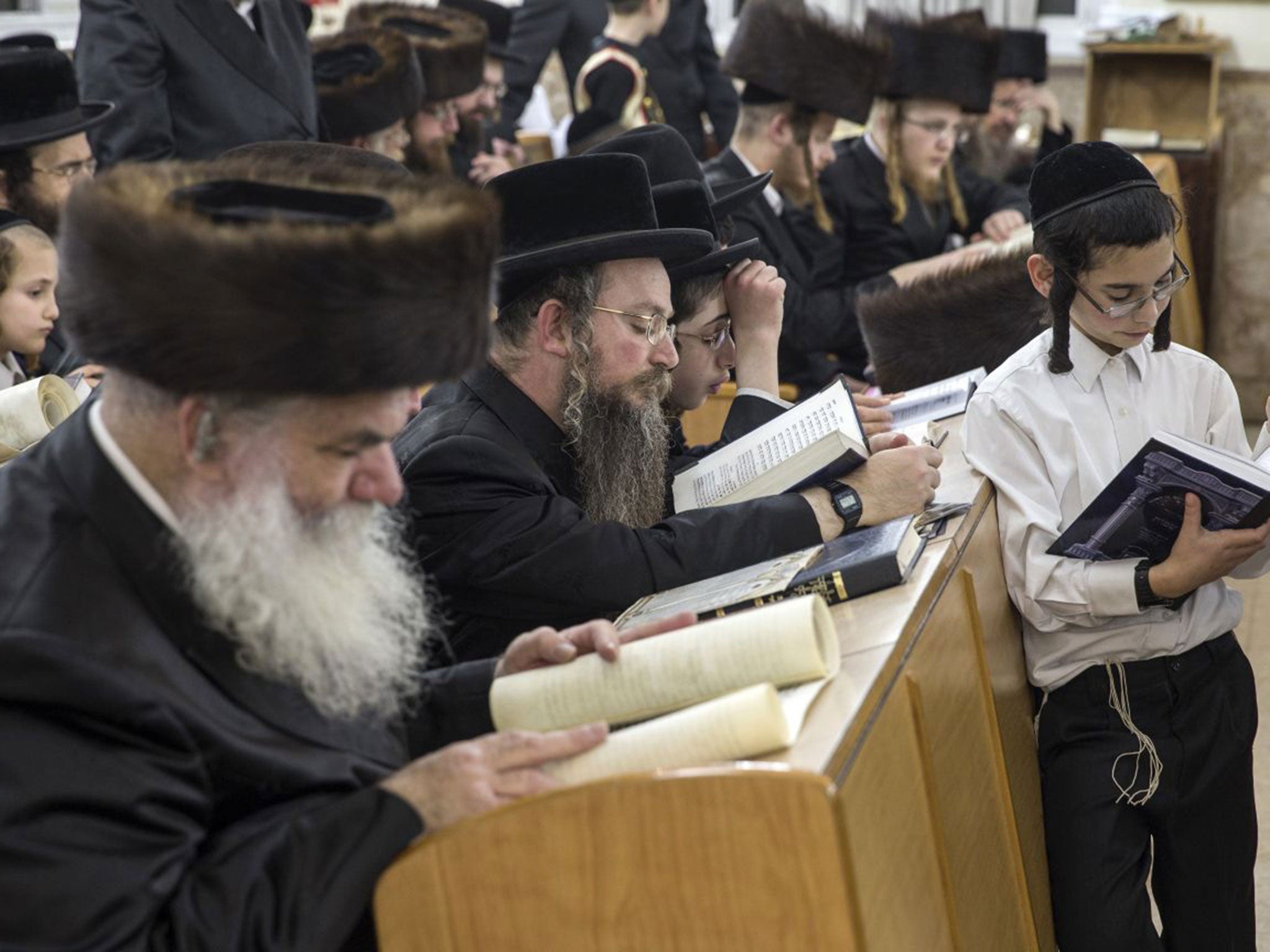
Your support helps us to tell the story
From reproductive rights to climate change to Big Tech, The Independent is on the ground when the story is developing. Whether it's investigating the financials of Elon Musk's pro-Trump PAC or producing our latest documentary, 'The A Word', which shines a light on the American women fighting for reproductive rights, we know how important it is to parse out the facts from the messaging.
At such a critical moment in US history, we need reporters on the ground. Your donation allows us to keep sending journalists to speak to both sides of the story.
The Independent is trusted by Americans across the entire political spectrum. And unlike many other quality news outlets, we choose not to lock Americans out of our reporting and analysis with paywalls. We believe quality journalism should be available to everyone, paid for by those who can afford it.
Your support makes all the difference.A key figure in Israel’s government has dismayed tens of thousands of fellow citizens and risked offending millions of the country’s supporters worldwide by calling into question whether they are properly Jewish.
Comments by the country’s ultra-Orthodox Minister of Religious Affairs about followers of Judaism’s most liberal stream, the Reform Movement, inflamed a bitter dispute, with reverberations in Britain and the US.
The minister, David Azoulay, told Army Radio that his view on a Reform Jew was that “from the moment he stops following Jewish law, I cannot allow myself to say he is a Jew”. He added: “These are Jews who have lost their way and we must ensure that every Jew returns to the fold of Judaism, and accept everyone with love and joy.”
The ultra-Orthodox Shas party, of which Mr Azoulay is a member, joined the right-wing, Likud-led coalition in May after Israel’s Prime Minister, Benjamin Netanyahu, won this year’s election. It was not his first attack on Reform Judaism, which is seen by many in Israel, including those who are not religiously observant, as a departure from authentic Judaism. In June, he termed Reform Jews a “disaster to the nation of Israel”.
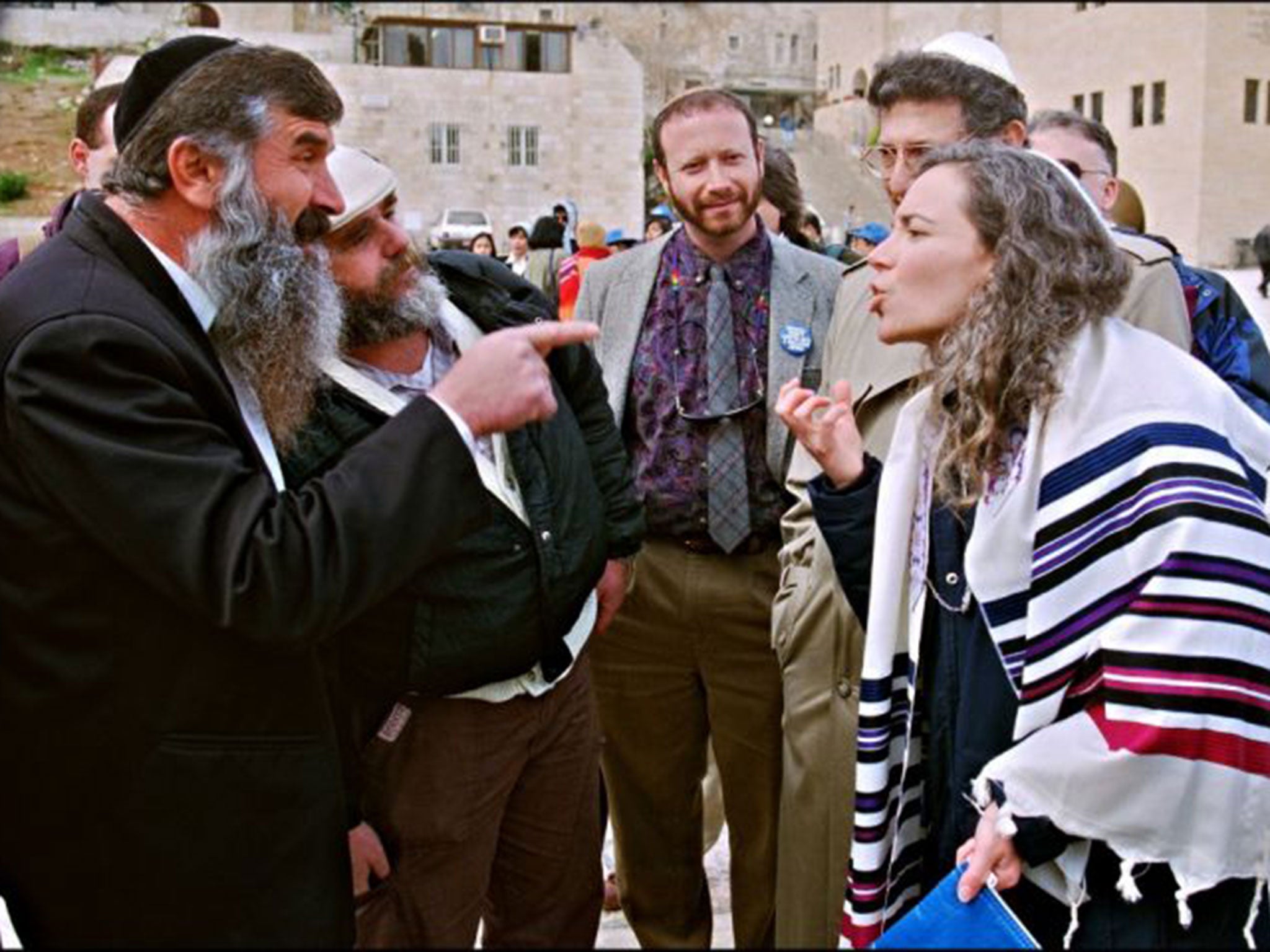
Mr Azoulay was swiftly rebuked by Mr Netanyahu who, according to his spokesman, told him that “Israel is the homeland of all Jews – Reform, Conservative, Orthodox and everyone – and that he totally rejects any attempt to delegitimise part of the community.” Despite suggestions that he should be dismissed Mr Azoulay remains in his post. Gilad Kariv, a rabbi and executive director of the Reform Movement in Israel, said: “He can’t continue. He can’t be a minister in charge while he is not willing to carry out his duties towards all citizens of the state.”
The movement has about two million adherents in 40 countries; many live in the US. But in Israel, Reform Jews make up much less than 1 per cent of the population, compared with the 10 per cent who are ultra-Orthodox.
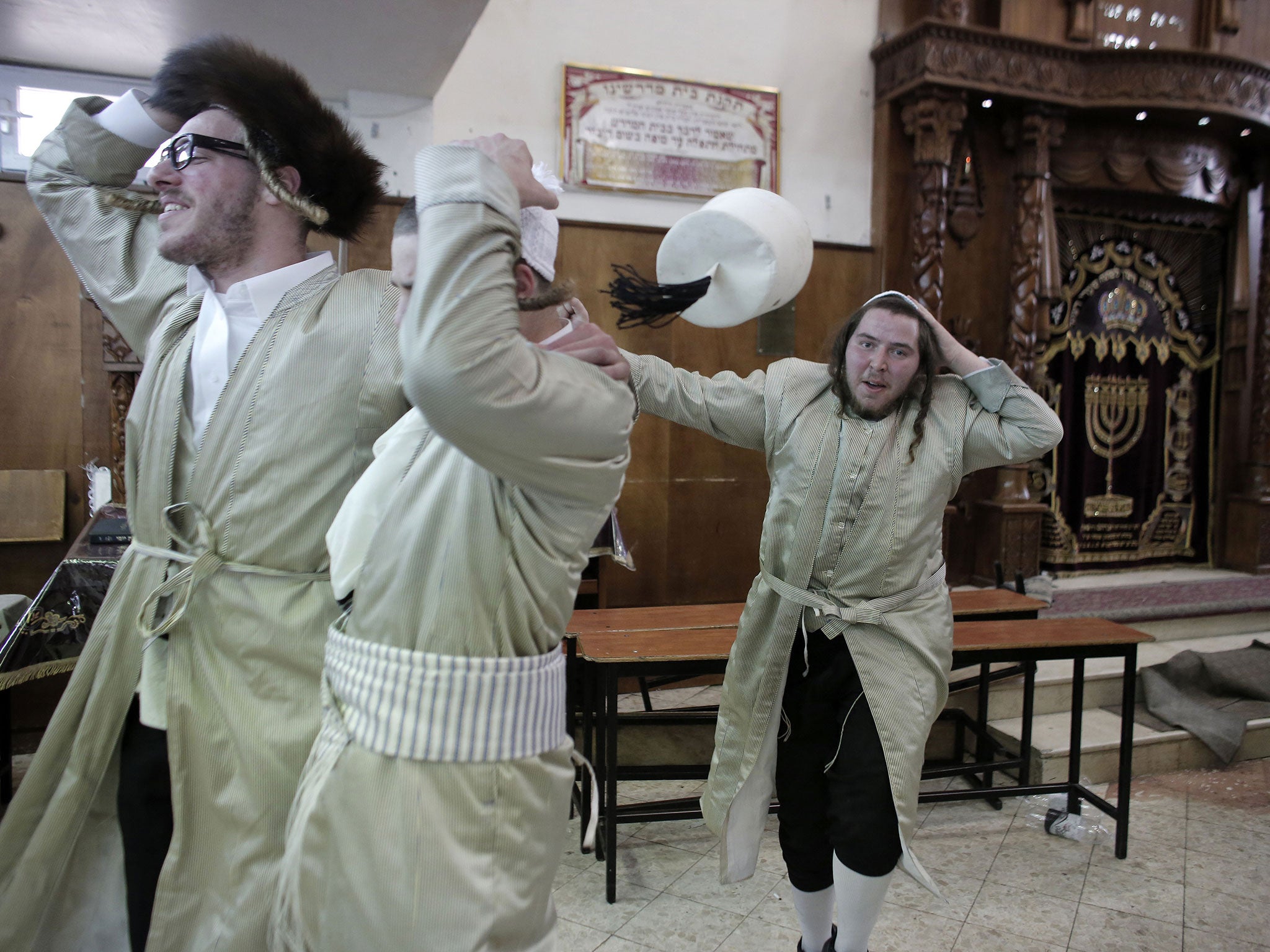
The new government, as a result of ultra-Orthodox influence, is rolling back moves made under the previous government to end the exemption of ultra-Orthodox Jews from compulsory military service. This rollback is part of the coalition agreement between Shas and Mr Netanyahu’s Likud party.
Mr Azoulay’s said his comments had been taken out of context, and that Judaism taught that a Jew who sins is still a Jew. But he added, according to media reports, that Reform Judaism constituted “the biggest danger” to the Jewish people.
At the same time another ultra-Orthodox politician, Moshe Gafni of the United Torah Judaism party, a coalition partner, also launched an attack, saying Reform Jews “stab the Holy Torah [Jewish bible] in the back”.
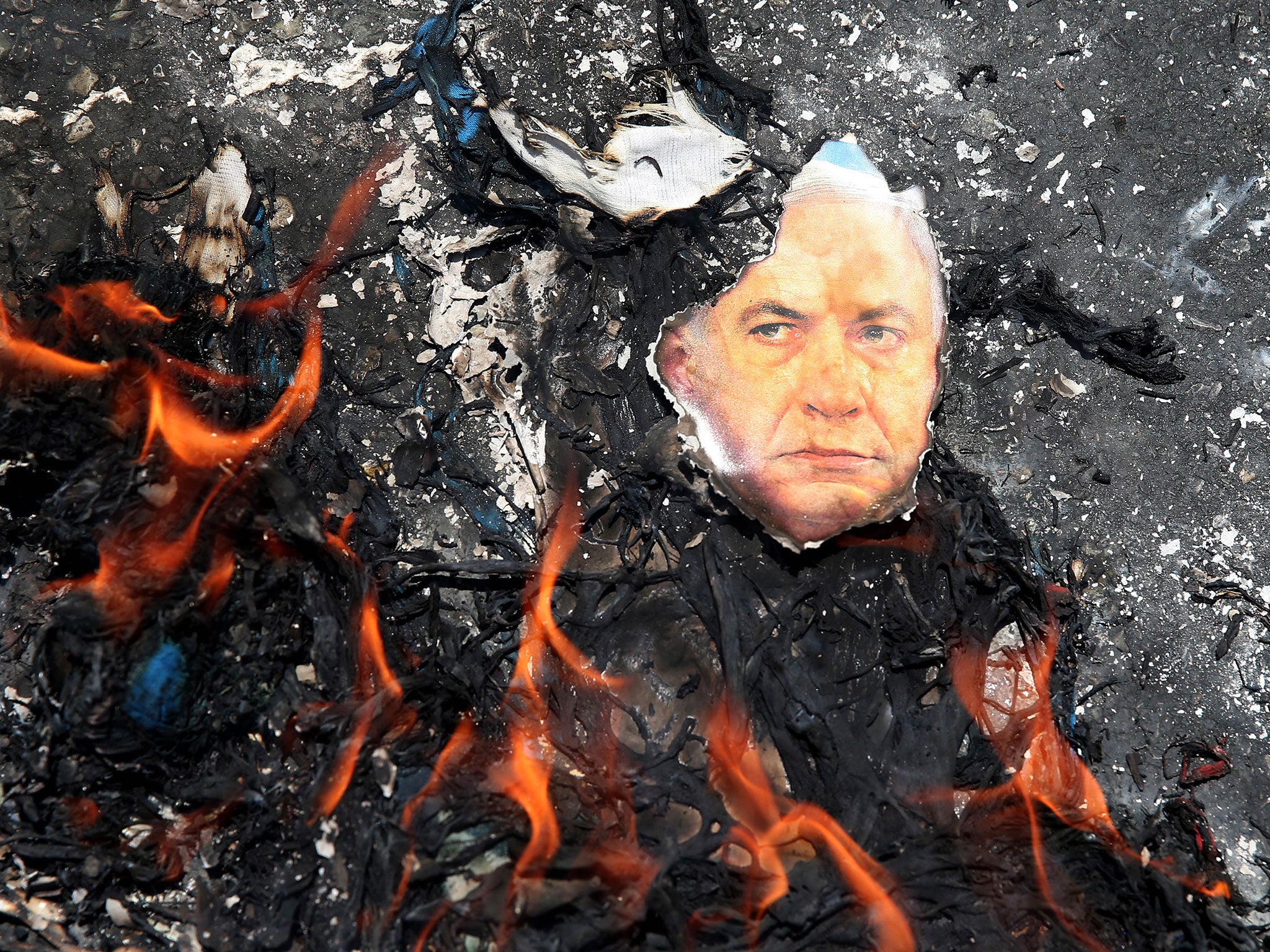
The comments reinforced frustration among Reform leaders in Israel and abroad about the movement’s inferior official standing in the Jewish state compared with Orthodoxy. The Reform movement, which drops adherence to the letter of strict Jewish law in favour of a more modern approach, has a smaller following than Orthodox Judaism in the UK, but it is the largest American Jewish denomination.
Mr Azoulay’s remarks were seen as particularly galling because of his responsibility for providing religious services to all Israelis.
“It is disgraceful, and not the right approach for a politician who is a minister in charge of religious affairs, but it is what happens when you put a religious fundamentalist in charge,” said Rabbi Neil Janes of the West London synagogue, the flagship Reform synagogue in the UK.
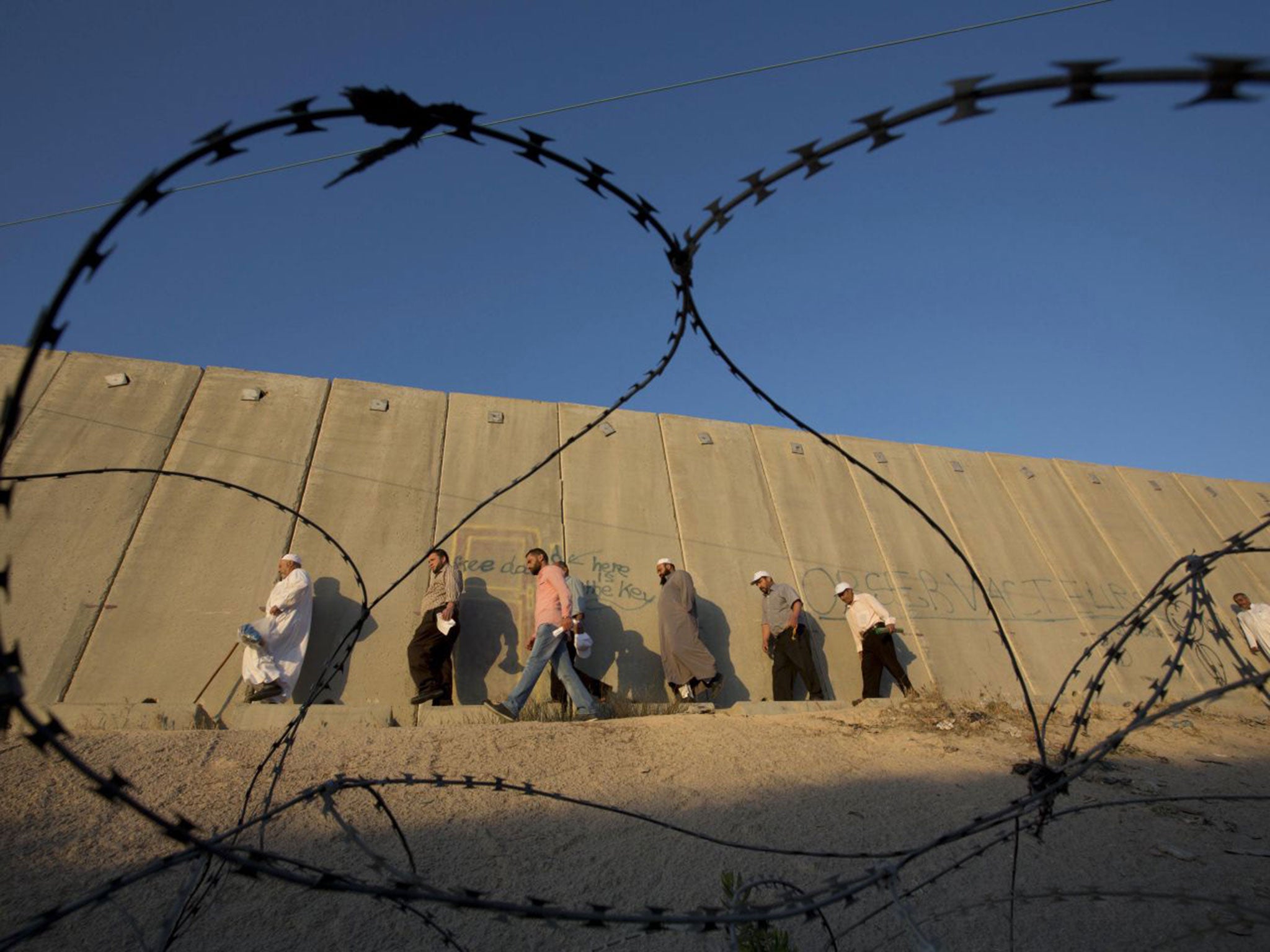
Rabbi Janes said his community “has thousands of people affected by these comments” and that Mr Netanyahu should “react strongly to ministers who have decided they no longer count”.
Orthodoxy has enjoyed a monopoly over Jewish religious affairs in the Holy Land dating back to the British mandate in Palestine, when British authorities recognised an Orthodox chief rabbi.
After the Israeli state was established in 1948, David Ben Gurion, the Prime Minister, included the ultra-Orthodox in his coalition and the monopoly was maintained. But even when the ultra-Orthodox were outside the coalition, Israel’s leaders have refrained from according recognition to Reform and Conservative Judaism.
This rejection reflects the perception of many Israeli Jews, even the non-observant, that the Reform branch is “not authentic” because it broke with tradition while Orthodox Judaism, in their view, comprises those who stayed loyal to it.
“The underlying approach of many Israelis is that the true Jews are the Orthodox and the ultra-Orthodox,” said Kimmy Caplan, a specialist in Jewish history at Bar Ilan University near Tel Aviv.
Under current Israeli law, wedding ceremonies by Reform rabbis have no legal standing and Jewish couples can only be married by Orthodox rabbis. Likewise, conversions to Judaism conducted by Reform rabbis are deemed invalid. Reform congregations also find it more difficult to receive land allocations to build synagogues.
“On the one hand the Prime Minister speaks against the incitement of Azoulay, but on the other he strengthens the Orthodox monopoly that sends Azoulay to speak for it,” said Mr Kariv.
“Government policies signal that even if we are not outside of the Jewish faith, definitely the state of Israel sees us as second-class Jews.”
But a government official, who asked for anonymity as he was not authorised to speak on the matter, said: “Over the last few years there has been movement and momentum for Reform Jews in Israel. The Prime Minister has said more than once he wants them to feel at home in Israel.”
Join our commenting forum
Join thought-provoking conversations, follow other Independent readers and see their replies
Comments